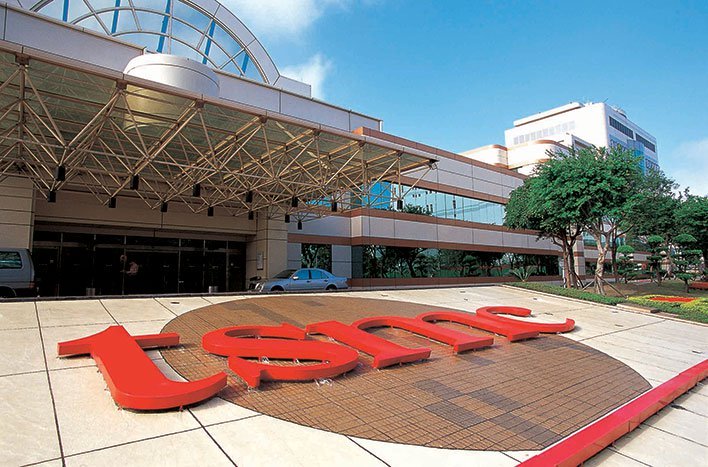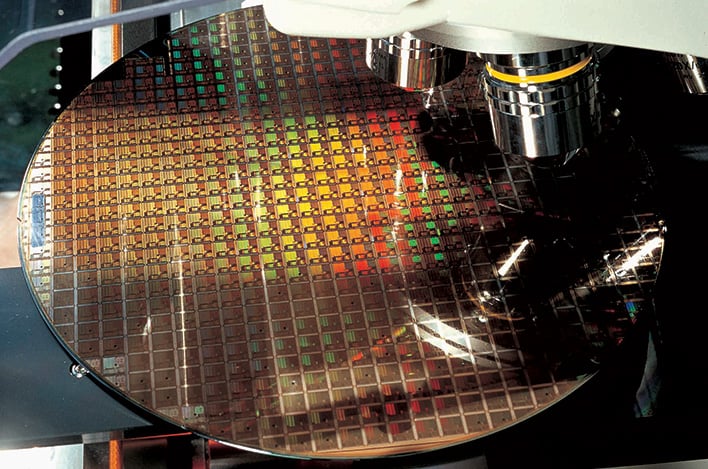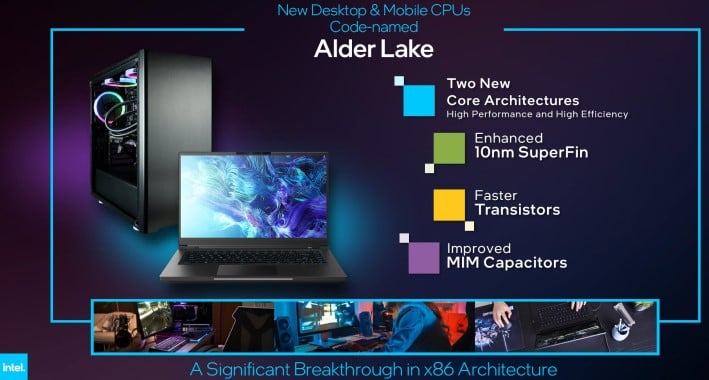Intel 5nm And 3nm CPU Launches Reportedly Pulled In With TSMC's Help

A new report from TrendForce is providing a little bit more clarity on what products TSMC will be tasked with producing, and how it will benefit Intel's product roadmap. According to the previous report from Bloomberg, the Intel-TSMC partnership wouldn't bare any fruit until at least 2023. However, TrendForce alleges that mass production of Intel Core i3 processors could kick off at TSMC's fab as early the second half of 2021.
More importantly, it's reported that these processors will be produced on TSMC’s current 5nm node. While Core i3 processors are fine and dandy for entry-level systems, most of us are more interested in what this means for mid-range and high-end systems, which feature Core i5, Core i7, and Core i9 processors. It's said that production of those processors, using TSMC's 3nm node, will kick off in 2H 2022.

Both of those stated dates are incredibly aggressive, so we must take then with a big grain of salt at this moment. We also don't know how this TSMC tie-up will affect Intel's existing plans for products manufacturing on its own 7nm process node. In July 2020, Intel confirmed that the timing for its introduction of 7nm productswould be pushed back by 6 months. That means that Intel's first chips to come off its own 7nm lines wouldn't arrive until late 2022 or early 2023.
Intel has previously shown respect for TSMC's engineering prowess, which AMD is using to great advantage. "TSMC offers an advantage in terms of process node advancements," said Intel in a leaked internal memo in 2019. "They're using their 7 nm process, and with that they get a per-core frequency bump and lower power, which means they can scale to more cores per processor."

Before we get too ahead of ourselves, however, Intel this week at CES announced 11th generation Rocket Lake-S desktop (14nm) processors that will be shipping in systems this quarter. Likewise, 11th generation Tiger Lake-H (10nm) mobile processors were also announced that will find their way into gaming laptops. Looking a little further down the road, Intel says that its 12th generation Alder Lake hybrid (10nm SuperFin) processors will arrive during 2H 2021 for both desktop and laptop systems.
In other Intel news, it was announced this morning that Bob Swan, who has served as CEO for the past two years, will be stepping aside in February. He will be replaced by Pat Gelsinger, who previously served as Intel CTO.

